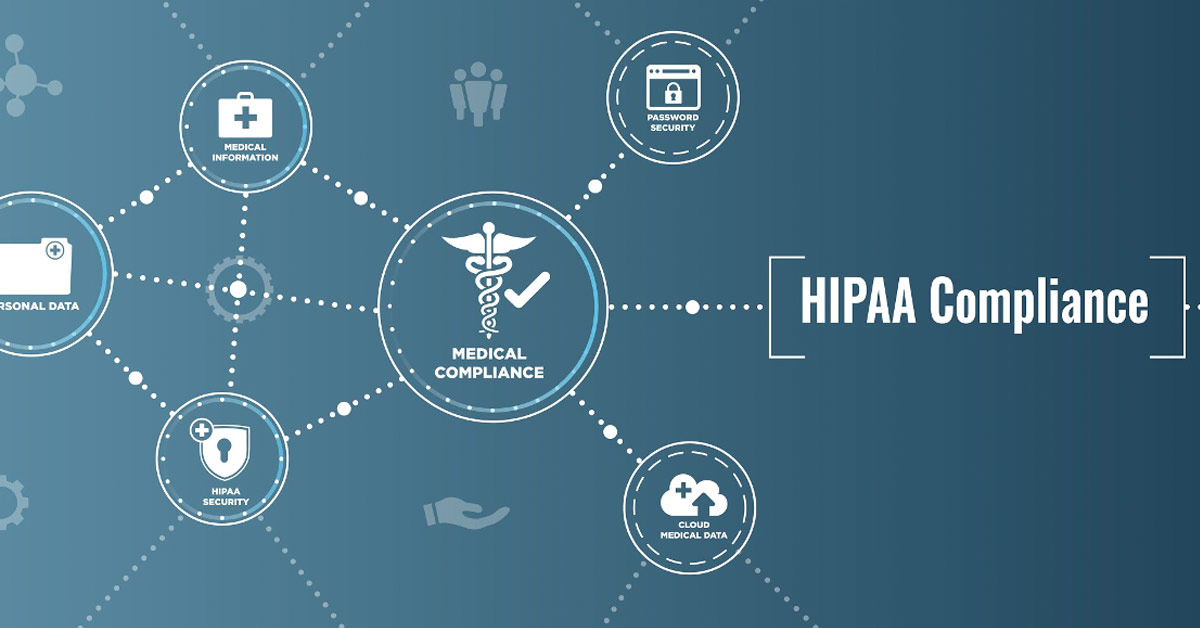If you’re a healthcare provider keeping up with HIPAA regulations is an essential element of running your business. The law gives patients more control over their privacy, and also helps to keep their data secure. Since technology is changing at a rapid pace and is constantly changing, it is vital to make sure that any new system that is adopted adheres to HIPAA rules.

HIPAA compliance is a bit complicated, especially for organizations still trying to figure out what HIPAA is and how it impacts the way they operate. Health care companies as well as those working in the insurance sector must take great care to meet the obligations of HIPAA, even if they feel like they don’t understand the concept. To ensure compliance, it’s important to read through the rules and make sure that the procedures are in place. It can be difficult to adhere to the law but it is essential. The compliance will result in more efficient service and better protection of privacy of data, and penalties can be prevented. Knowing the HIPAA regulations and taking appropriate steps can help companies make sure that they follow the required procedures.
Although HIPAA’s regulations may seem strict, the emphasis on security and privacy is intended to protect information. A greater level of protection is required to safeguard against the unauthorised disclosure or misuse of patient’s private information as healthcare providers have been increasingly moving to digital technology like Electronic Medical Records. Although guidelines have been put in place, it is important to make sure that patients comply with these rules. HIPAA is attentive to this to ensure privacy and safety.
HIPAA is a valuable safeguard for all those who work in the medical profession and patients whose records are stored. Covered entities (CEs) and business associates have the option to choose whether an addressable implementation policy is required. This decision can be affected by various factors such as the risk analysis and mitigation strategy, the current security measures, as well as the cost of implementation. CEs and BAS are able to consider alternative measures or opt not to implement the measure completely if it is feasible in the context of their situation. HIPAA encourages them make informed choices about data security and security. This means establishing an appropriate balance between technical as well as control by the user over sensitive information.
Numerous organizations are able to reap the benefits of HIPAA compliance. By adhering strictly to the rules laid forth in the Health Insurance Portability and Accountability Act (HIPAA), organizations can safeguard the health information of their customers, clients or patients by making sure it is kept confidential and safe. Compliance ensures that the health information of individuals is not utilized for personal gain or the benefit of their healthcare providers. HIPAA compliance provides individuals with the opportunity to make informed decisions about the way their personal medical information is utilized and managed. Additionally, it allows them to be assured that their information will not be available or modified by any other organization without their consent. Furthermore, HIPAA compliance mitigates reputational risk for businesses through making them less vulnerable to financial or legal ramifications that result from handling patient data improperly because of insufficient security measures. Ultimately, following HIPAA standards helps ensure a positive patient experience with more secure medical records.
In the end they are just a few of the many factors to take into consideration in the context of HIPAA compliance. It is important to understand the law so that you are in compliance with it. Also, you should consult an expert for help to interpret it and implement the procedures and systems. Although it might seem daunting to be sure that you’re in compliance, it is crucial to ensure the protection of your patient’s rights as in ensuring confidentiality.
For more information, click subtitle of hitech